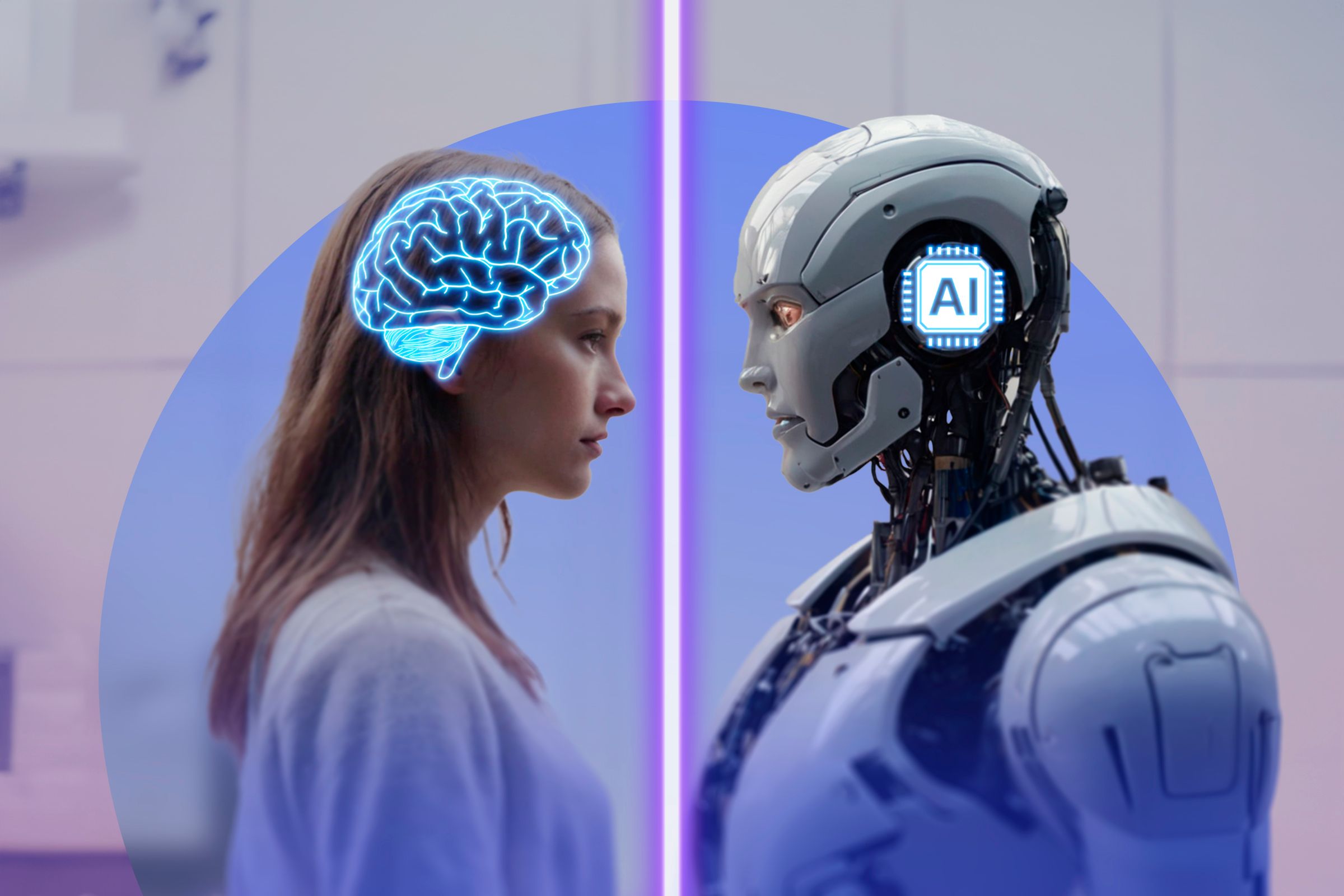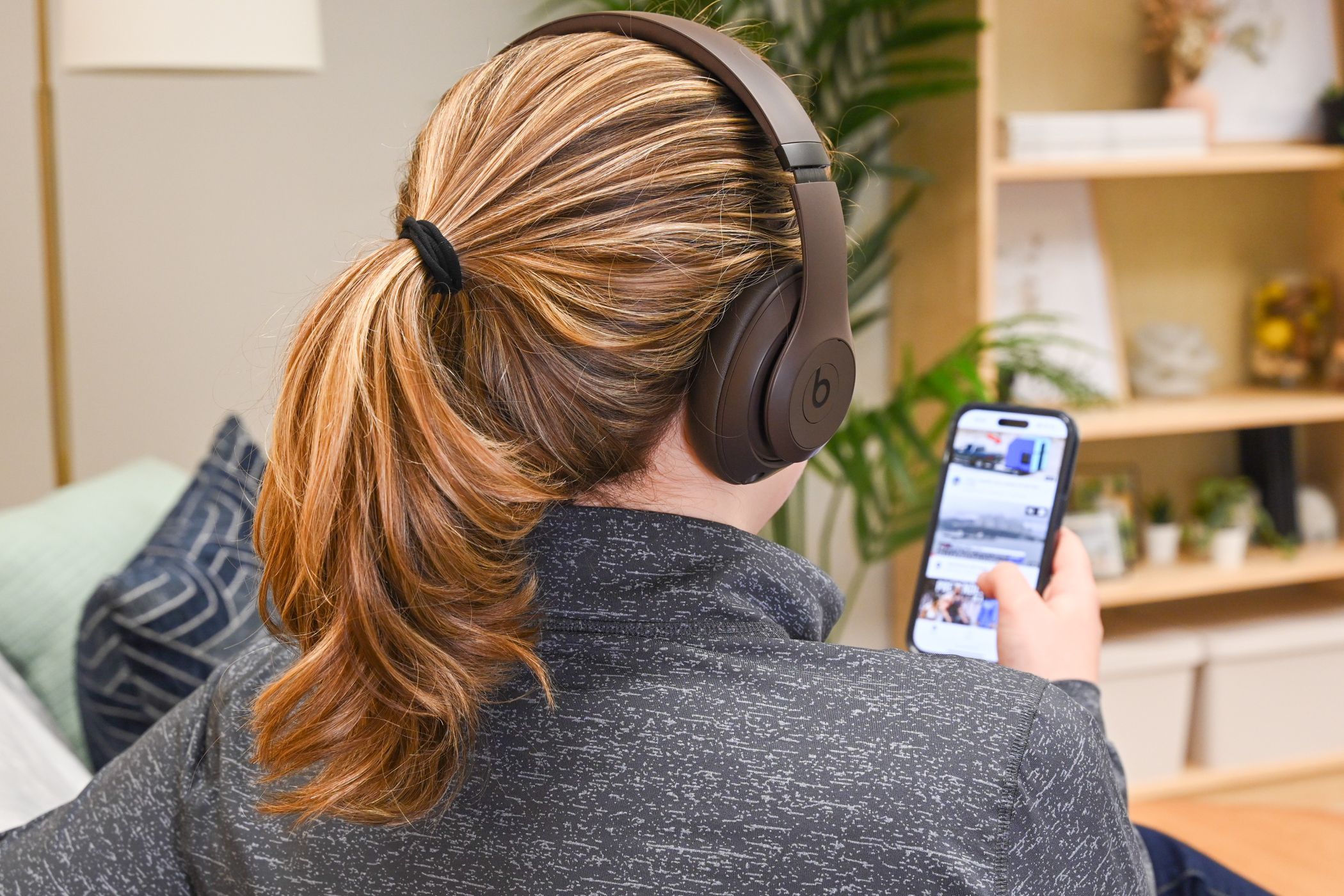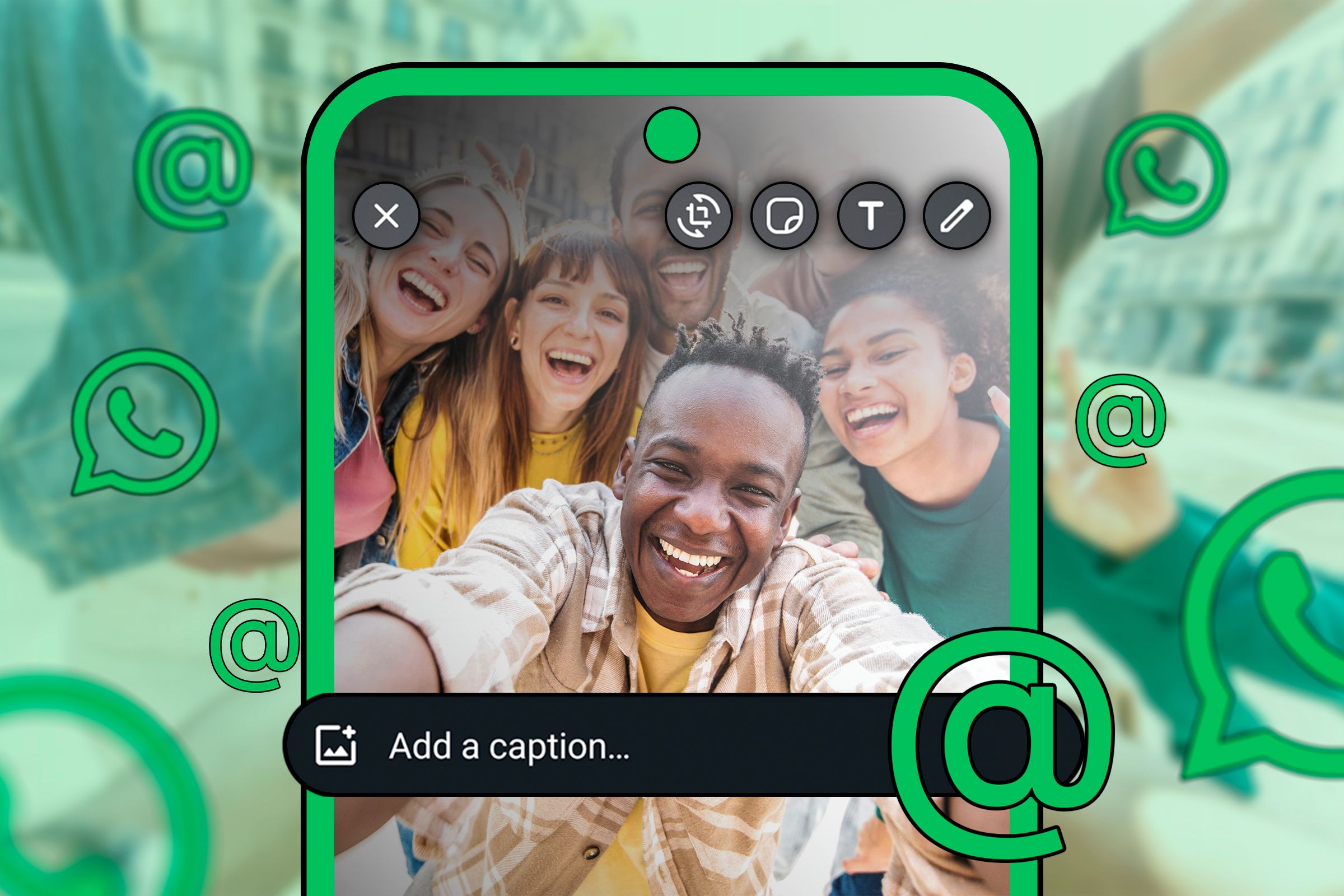Less than a decade ago, logging into social media meant checking out what new stuff your friends had gotten up to since you last saw them. In a truly baffling decision, some social companies have crafted AI influencers, and their presence shows what’s wrong with social media today.
Why AI Influencers?
Imagine a social media persona for a second. They have professional pictures of their family, some of them at work and others with them doing regular stuff people do on the weekend. In the past, this would have been enough to verify that this person was indeed a real person. Unfortunately, these days, the “person” you’re looking at could be a completely AI-developed persona. With AI perfectly capable of being a personal assistant, it’s not a huge leap to becoming an influencer.
AI influencers are entirely fictional characters designed to promote products on social media. If this sounds like a dystopia, you’re not the only one. I can vividly recall getting into a discussion with someone on social media only to be hit with a product placement. The conversation was so natural that I almost thought I was speaking to a human being.
Meta, the owners of Facebook, Instagram, and Threads, recently rolled out a collection of AI influencers but quickly recanted on their decision after pushback from regular users. However, while the company might have changed its mind, many other companies deal almost solely in creating AI slop.
A Threat To Actual Influencers
If your primary source of earning is from social media as an influencer, you’re in big danger when the AI slop starts taking over. If you consider that AI can generate realistic images that can contend with any regular content creator on Instagram, and they don’t need to travel to do it, you’ll start to understand how dangerous the technology can be. Some would call this confirmation that the Dead Internet Theory is a thing.
Human influencers get paid to promote products, and the ethical ones only promote the products they can safely say are a good buy for their followers since they’ve used them before. AI can’t “use” a product, so it’s dependent on the person who set it loose on society to tell it what product to suggest. That’s not ideal since AI could just as easily be marketing something dangerous to people.
As AI gets better at mimicking humans, these AI influencers will start to replace human influencers. It’s not like Invasion of the Body Snatchers replacement, but more like taking their jobs. Companies would use them because they are cheaper and more reliable than human influencers, and there’s no need to give them products. They have to tell the AI what to promote about the product.
This Affects Us As Well
If we aren’t influencers, it would be simple enough to call this a “not my circus, not my monkeys” scenario, but AI as a marketing tool can be dangerous. Part of why AI influencers are so dangerous comes from how human influencers have changed how we consume products or see ourselves.
The beauty space, for example, is packed with influencers who pay close attention to how they look. These influencers are typically followed by people who want to learn the secrets to excellent makeup and which products are best to use. However, AI could quickly outstrip these human influencers in looks, and since these are all artificial people, they could recommend things to others the same as any human influencer.
So, what’s the big deal if they’re so much the same as humans? Well, AI can recommend things that might harm you, and it won’t really see a problem doing so. A good example is a recent AI-developed book on mushrooms, which led to some of the users being poisoned because they took what was said as true, even though it wasn’t.
Back to our makeup influencer example, it’s very easy to see how this could go horribly wrong. Consider an AI influencer advising users to try a makeup regimen that would improve their skin health, and they find out it bleaches their skin instead. Even worse, many people would think it’s an actual human giving them this advice if they weren’t careful about the content they follow.
This Isn’t Just About AI Influencers, It’s About Trust
In online marketing, the number one thing that companies are looking for is not your follower count. It’s how much the people you talk to trust you. Influencers are known in marketing-speak as “brand evangelists,” meaning that they tell people about the product and turn them into buyers or “conversions.” These brand evangelists work on word-of-mouth marketing, resulting in 5.4 times more sales to companies—no wonder they’re so crucial to businesses.
Influencers do this by building rapport with their audience. It’s about the trust an influencer has with their audience, and several brands have also benefitted from that marketing style. AI influencers take this a step further, using trust to get users invested and then selling them products based on what the company wants the user to buy. Without transparency, people could purchase AI-suggested goods without even knowing they’re being sold to. It’s a devious con that doesn’t take much to make into reality.
Social media used to be about people interacting with people. However, as time passed, they switched to marketing, news, and entertainment platforms. Much of the original “social” part of social media has been lost. AI influencers are just the natural conclusion to that shift. As parasocial relationships become a way of marketing to people, it’s natural to see businesses leveraging it through AI influencers.
Can you tell an AI influencer from a real one? While there are a few ways to figure out fake accounts from real ones on Instagram, it’s not easy to spot AI influencers. Until social platforms sort out what they’ll do with AI influencers, the only thing you can do is be wary about anyone new adding you on social media that you don’t know personally.







